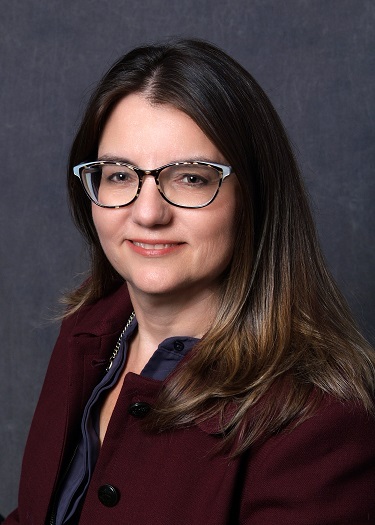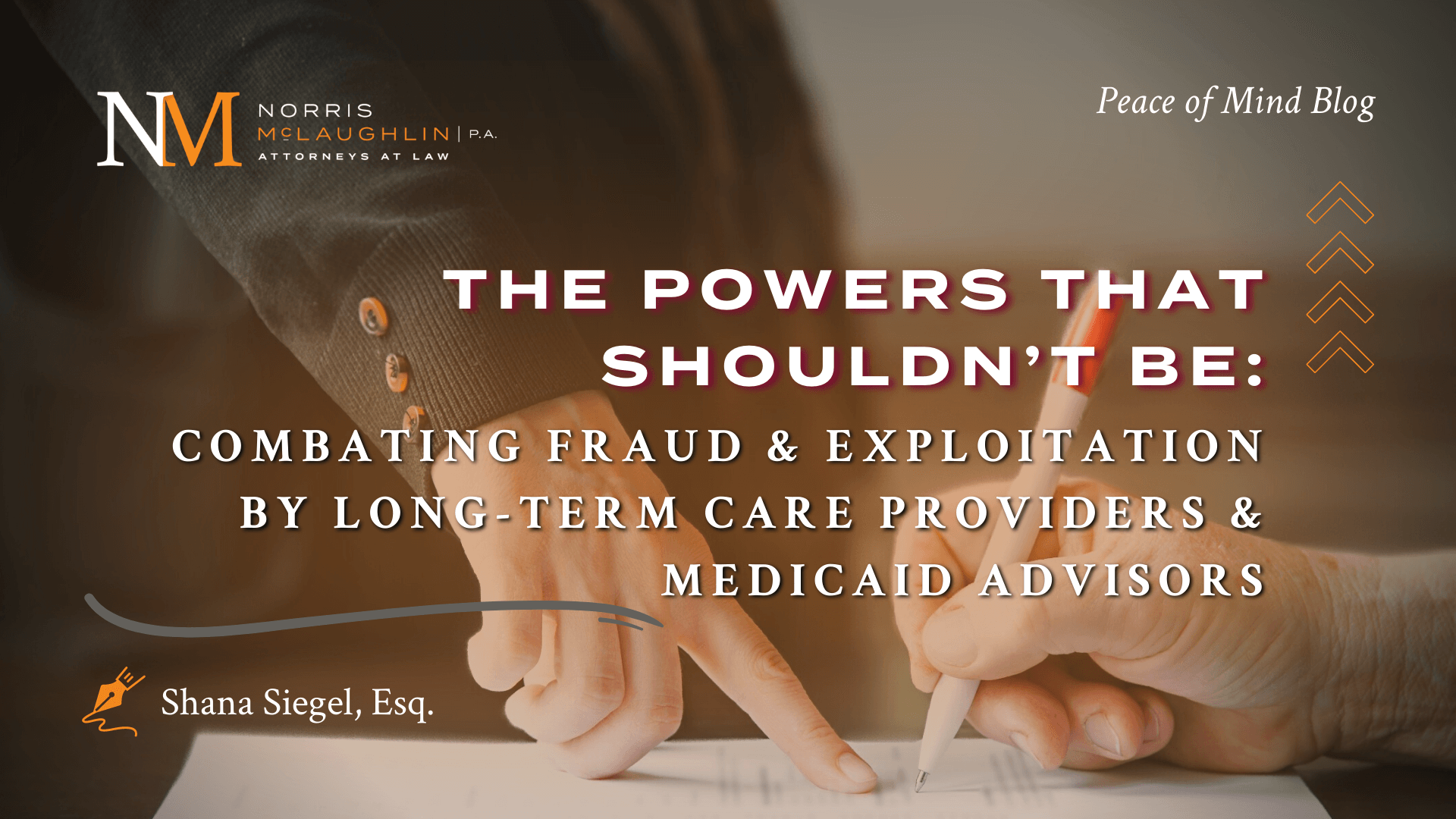Will I Be Able to Delete My Dad’s Facebook Account or Access His Cellphone Photos After He Is Gone?

Last week I was in the airport returning from a visit with my father when I read a poignant New York Times article that describes a too-common scenario. Families find themselves facing the unexpected loss of a loved one and end up grappling with a mundane but important task – accessing the digital life of the deceased. If something happened to my dad, would I be able to get his friends’ phone numbers? Would I be able to figure out what bills he had paid or who his primary doctor was? Without access to his phone and computer, these and a multitude of other tasks would be difficult.
Our phones and computers also hold important personal items – emails, photos, poems, or memoirs we have written, our music collections, and frequent flyer miles. These digital assets hold both sentimental and practical value but are largely inaccessible upon the death of the owner without prior planning. The Times piece does a great job of describing the frustrating process of trying to recover online accounts without having passwords (and the hack of popping out the phone SIM card). If our loved one had a small business, things are even more complex. Wrapping up or taking over the business without the information that is locked away on a laptop or computer is unimaginable.
Because it has taken so long for the law to catch up with these issues, many websites and technology companies have adopted their own policies. Google allows users to specify if their accounts should be deleted or turned over to a fiduciary. However, most people will not have taken the time to address these issues. Generally, federal data privacy laws prohibit online providers from providing access to the account or even the right to close it without consent of the account holder. Getting messages about a deceased loved one’s birthday or work anniversary can be painful. But unless an account administrator is appointed or you have the requisite passwords to close out the account, this will continue.
We recommend that you make a list of passwords or use a password manager and share it with whomever you have appointed as fiduciary to act in the event of your disability or death. It is also important to ensure your Power of Attorney and Will address digital assets. Most older adults may not think they have much of a digital footprint, but almost everyone has photos, emails, and voicemails that will be important to their families when they are gone. Taking action now can preserve them forever.




